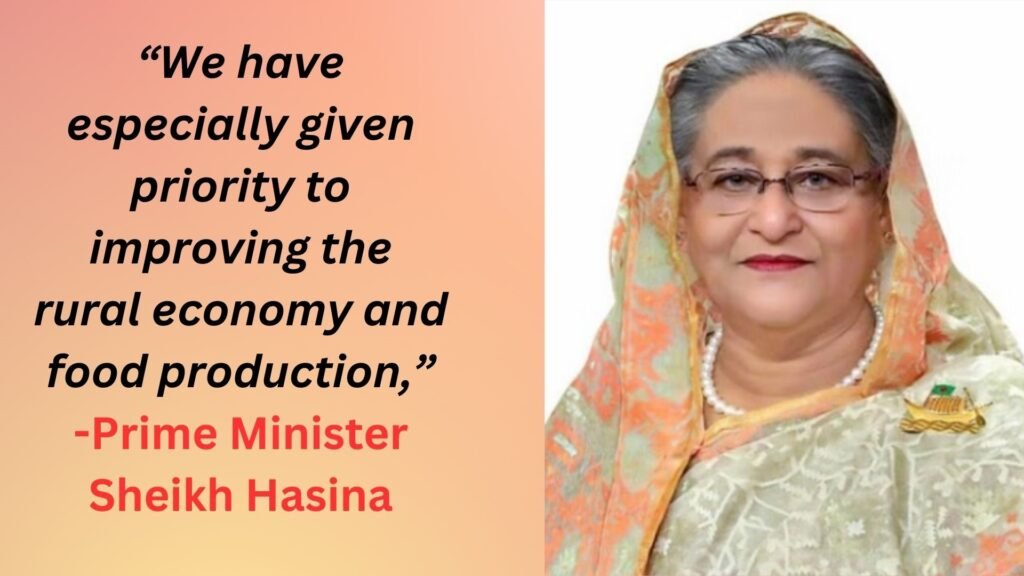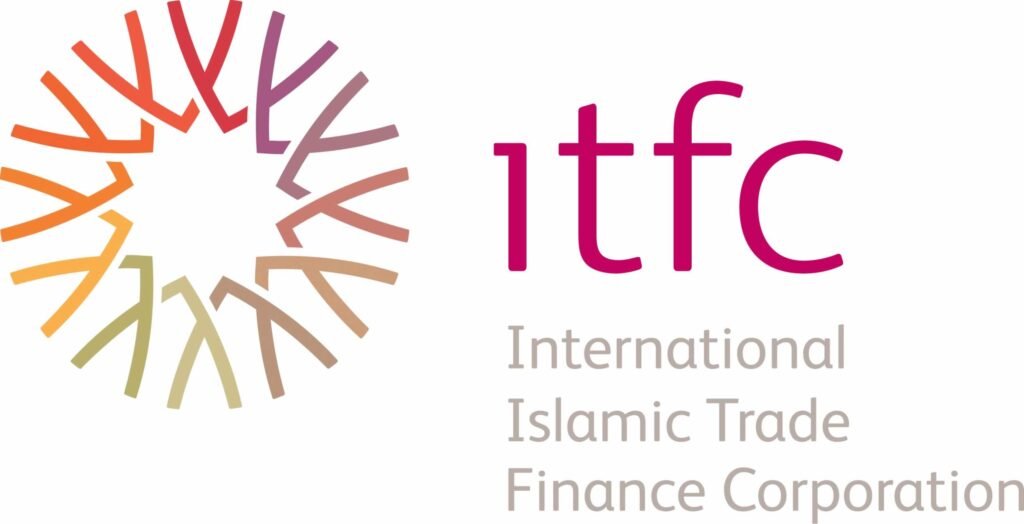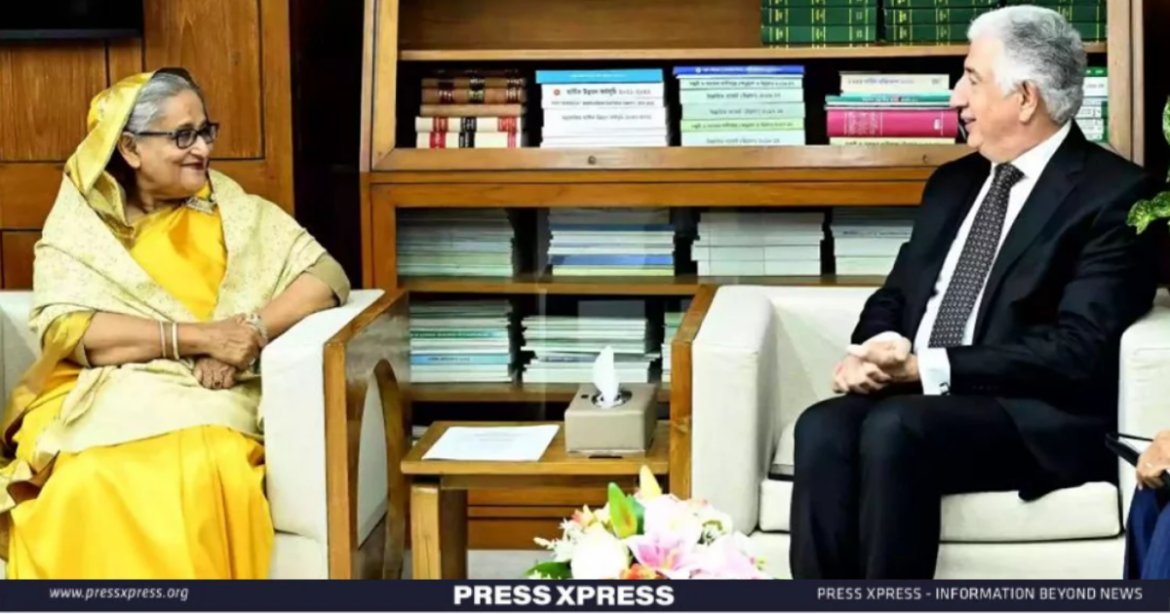Key points
- PM Sheikh Hasina’s offshore gas extraction announcement reflects commitment to sustainable energy
- Leveraging international partnerships and an investment-friendly environment key to diversification and growth
- Collaboration with ITFC and partners crucial for long-term energy security and prosperity
Prime Minister Sheikh Hasina’s recent announcement regarding offshore gas extraction signals a significant strategic shift in Bangladesh’s energy policy. The move comes amidst persistent energy scarcity challenges and underscores the government’s commitment to diversifying energy sources.

Very recently, Prime Minister Sheikh Hasina had a meeting with International Islamic Trade Finance Corporation (ITFC) CEO Eng Hani Salem, and she emphasized the urgent need to mitigate energy scarcity in Bangladesh. Offshore gas extraction emerged as a key strategy to bolster the country’s energy security and meet growing demand. Recognizing the importance of investment in this endeavor, Prime Minister Hasina underscored the government’s commitment to creating an investment-friendly environment conducive to economic growth.
You can also read: How China Collaborates Bangladesh’s Rapid Economic Landscape
Emphasizing the importance of investment for job creation and economic growth, Prime Minister Hasina reiterated the government’s focus on enhancing the rural economy and food production. She also addressed the challenges posed by war-driven inflation, affirming the government’s efforts to boost production across various sectors to alleviate the burden on the people.
Eng Hani Salem, CEO of ITFC, pledged full support towards realizing Prime Minister Hasina’s vision of a Smart Bangladesh. He commended Bangladesh’s investment environment and applauded the government’s financial management under Prime Minister Hasina’s leadership.

Bangladesh’s Energy Crisis: Overshadowed Milestone and Fiscal Strain
In February 2022, the government achieved a significant milestone by extending electricity access to all parts of Bangladesh, following a concentrated effort over the past decade. However, this achievement was overshadowed by the outbreak of the Ukraine war, leading to disruptions in power and energy supply across the nation.

Bangladesh is grappling with an unprecedented level of load shedding, amounting to approximately 2,500 megawatts, equivalent to the country’s total production capacity in the late nineties. The underlying reason for this crisis is a shortage of foreign exchange, hindering the importation of gas and coal. Consequently, only slightly over half of the total power capacity of 24,143 megawatts is being utilized.
Out of a total of 170 power units, only 57 are operating at full capacity, while 62 are functioning at half capacity, leaving 51 units idle. These circumstances have significant fiscal implications, including capacity payments to power companies for idle plants and the wastage of precious foreign exchange utilized in establishing these plants.
The revenue crunch has resulted in private power producers facing unpaid bills amounting to Tk 18,000 crore as of March 2023. This situation has led to businesses clamoring for electricity, as production has been severely impacted, posing challenges in terms of revenue generation and employment.
Since 2009, Bangladesh has experienced a substantial increase in reliance on imported energy, primarily due to the lack of efforts in exploring new oil and gas fields, developing coal mines, or harnessing wind power. This excessive dependence has placed significant financial strain on the government.
While the government attributes the energy crisis to the Ukraine war, experts also point to certain flawed policies and shortcomings in implementing effective measures within the power sector. Addressing these issues is crucial to mitigating the ongoing energy crisis and ensuring long-term energy security and stability in Bangladesh.

Handling Coal
Bangladesh ventured into coal-fired plants back in 2009, aiming to bolster its energy infrastructure. However, the reliance on imported coal drained significant foreign currency. Despite having sizable coal reserves, only one mine in Barapukuria has been developed, yielding minimal output due to environmental concerns. Land subsidence and environmental hazards have marred the project’s potential economic benefits, highlighting the need for a more sustainable approach.
Handling Renewable Energy
With an ambitious goal of integrating 10% renewable energy by 2021, Bangladesh aimed for enhanced energy security. Yet, by 2021, renewable energy coverage remained below 3%, overshadowed by a focus on fossil fuel projects. Despite substantial wind power potential, estimated at 30,000MW per day, only a fraction has been realized, indicating a missed opportunity for green energy development.
Electricity Import
While importing electricity from India since 2013 has bolstered energy security, recent deals, such as with the Adani Group, raise concerns. The undisclosed terms of the Adani deal, projected to cost $11.01 billion over 25 years, have sparked financial apprehensions. This underscores the need for transparent negotiations to ensure a balanced approach to energy imports that aligns with Bangladesh’s economic interests.
pledging investments in various sectors, including infrastructure, ICT, and the energy sector. Appreciating Bangladesh’s investment climate and the government’s financial management, Eng Hani Salem highlighted the country’s exemplary track record in loan repayment. The presence of key officials, including PM’s advisor Salman Fazlur Rahman and Principal Secretary Md Tofazzel Hossain Miah, underscores the importance attached to international partnerships in realizing Bangladesh’s development goals.
Charting a Sustainable Future
Prime Minister Sheikh Hasina’s announcement regarding offshore gas extraction reflects a strategic commitment to addressing energy scarcity and ensuring sustainable development. By leveraging international partnerships and creating an investment-friendly environment, Bangladesh aims to diversify its energy sources and bolster economic growth. As the government pursues its vision of a Smart Bangladesh, collaboration with international partners like the ITFC will be crucial in achieving long-term energy security and prosperity for all citizens.


